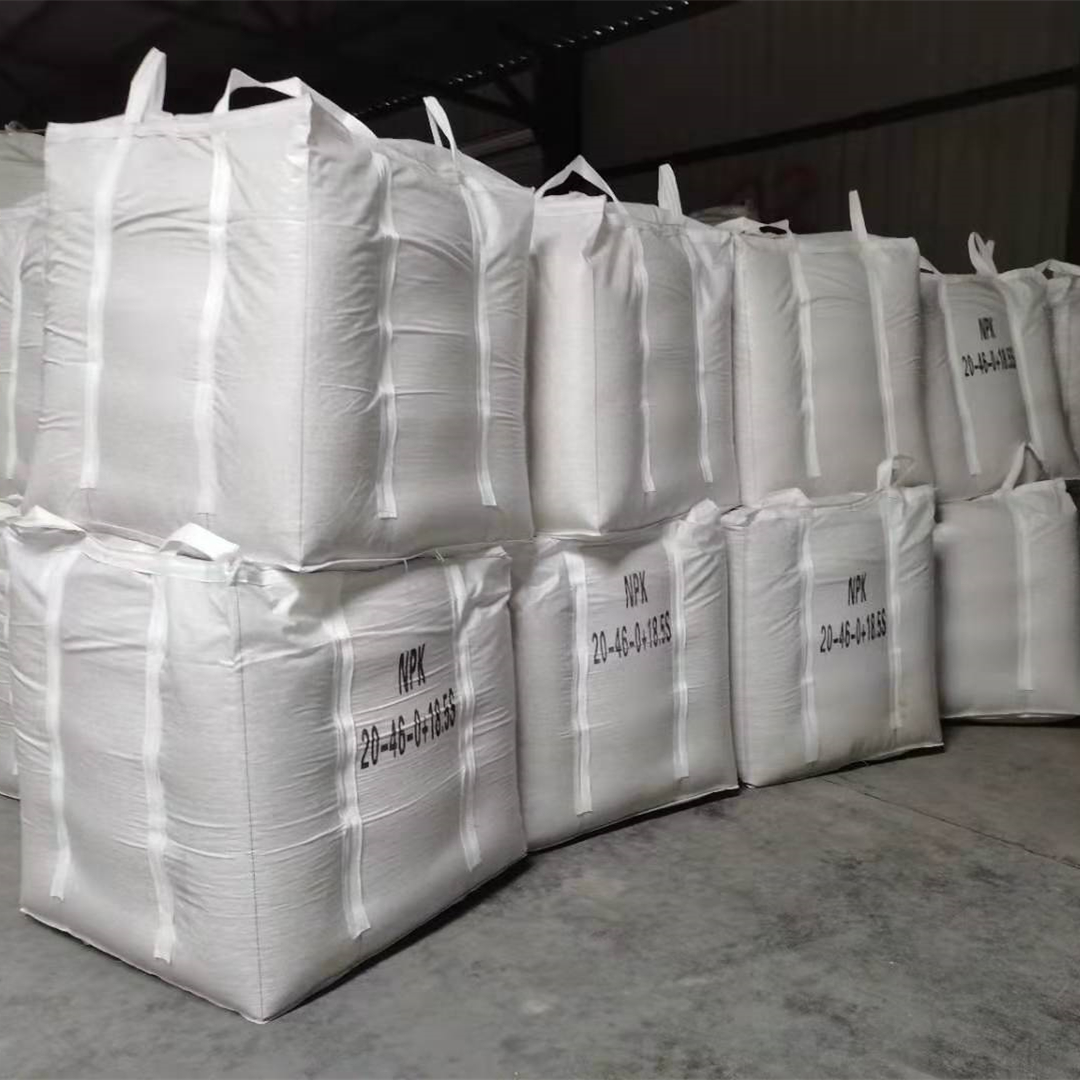
Dec . 12, 2024 15:00 Back to list
organic orchid fertilizer
Organic Orchid Fertilizer Nourishing Your Blossoms Naturally
Orchids are among the most diverse and beautiful flowers on the planet, captivating enthusiasts with their vibrant colors, intricate patterns, and unique shapes. Cultivating healthy orchids requires more than just a green thumb; it necessitates the right care, including proper fertilization. To nurture these exquisite plants while respecting the planet, many growers are turning to organic orchid fertilizers.
The Importance of Fertilization
In their natural habitat, orchids thrive in nutrient-rich environments, relying on organic matter from decaying leaves, bark, and other plant materials. However, in cultivated settings, these nutrients must be supplemented through fertilizers. Regular fertilization is crucial for orchids, as it promotes growth, flowering, and overall health. Choosing the right type of fertilizer can significantly impact the success of your orchids.
What is Organic Orchid Fertilizer?
Organic orchid fertilizers are derived from natural sources, making them environmentally friendly alternatives to chemical fertilizers. These organic options include ingredients such as compost, seaweed extracts, fish emulsion, and other plant-based materials. One of the primary advantages of using organic fertilizers is that they provide a slow-release source of nutrients, which helps prevent the risk of over-fertilization—a common issue with synthetic options.
Benefits of Organic Fertilizers for Orchids
1. Safety for Plants and Environment Organic fertilizers are generally safer for both plants and the surrounding environment. By avoiding harsh chemicals, these fertilizers reduce the chances of damaging the delicate root systems of orchids or harming beneficial microorganisms in the soil.
2. Improved Soil Health Using organic fertilizers enhances soil structure and fertility over time. They contribute to a rich organic matter content, which supports beneficial bacteria and fungi that play vital roles in nutrient absorption and plant health.
3. Sustained Nutrient Release Unlike synthetic fertilizers that can lead to nutrient spikes, organic fertilizers release nutrients gradually. This steady supply helps to prevent nutrient imbalances, ensuring that orchids receive what they need for healthy growth throughout their life cycle.
4. Enhanced Flower Quality Many orchid enthusiasts report that using organic fertilizers results in stronger, more vibrant blooms. The natural nutrients help enhance the colors and fragrance of the flowers, which is particularly important for those cultivating orchids for competitive exhibitions or commercial purposes.
organic orchid fertilizer

Choosing the Right Organic Fertilizer
When selecting an organic fertilizer for your orchids, look for products specifically formulated for orchids. These usually have a balanced nutrient profile, including essential macronutrients like nitrogen (N), phosphorus (P), and potassium (K), along with trace elements like magnesium (Mg), calcium (Ca), and iron (Fe). A common recommendation is to use a fertilizer with an N-P-K ratio of 30-10-10 or something similar.
You may also want to consider liquid organic fertilizers, which can be easily diluted and applied during regular watering cycles. Alternatively, solid organic fertilizers, like slow-release pellets, can provide sustained nourishment over time. Be careful with application rates, as over-fertilizing can harm your orchids.
Application Tips
1. Frequency Feed your orchids with organic fertilizer every two to four weeks during the growing season (spring and summer), then reduce the frequency in the dormant season (fall and winter).
2. Dilution Always follow the manufacturer's instructions regarding dilution rates for liquid fertilizers. A common practice is to use half-strength solutions to avoid overwhelming the plants.
3. Watering Apply organic fertilizers when watering your orchids to ensure even distribution and absorption. Ensure that the medium is moist, as this aids nutrient uptake.
4. Observation Monitor your orchids closely after fertilizing. Healthy growth, vibrant leaves, and blooming flowers are indicators of successful fertilization. Conversely, yellowing leaves or stunted growth can signal over-fertilization or deficiencies.
Conclusion
Using organic orchid fertilizer is a natural and effective way to support the health and beauty of your orchids. By prioritizing organic options, you not only nurture your plants but also contribute positively to the environment. As you embark on your journey in orchid cultivation, remember that patience and care, combined with the right organic fertilizer, will reward you with stunning blooms and thriving plants for years to come. Happy growing!
-
Premium Organic Manure Compost for Eco Gardens
NewsAug.01,2025
-
Organic 10-10-10 Fertilizer | Balanced Plant Nutrients
NewsJul.31,2025
-
Premium Amino Acid Fertilizer | Rapid Plant Growth Booster
NewsJul.31,2025
-
10 10 10 Fertilizer Organic—Balanced NPK for All Plants
NewsJul.30,2025
-
Premium 10 10 10 Fertilizer Organic for Balanced Plant Growth
NewsJul.29,2025
-
Premium 10 10 10 Fertilizer Organic for Balanced Plant Growth
NewsJul.29,2025
